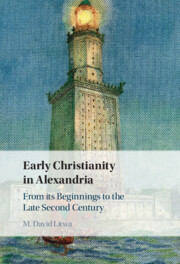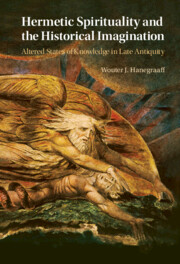The growing non-religious spiritualities are markedly neo-Gnostic in their interest in cosmologies and their opposition to institutional religion. Gnostic cosmologies, specifically their teachings on the cosmic significance of the Cross, angelology and multiple heavens in fact all have counterparts in Irenaeus and Christian apocrypha. Clement of Alexandria asserts an authentic Christian gnosis communicated by Christ to Peter, James and John. The use of Richard Bauckham's “eyewitness” Biblical exegetical method shows that most of the Christian cosmological traditions can be credibly held as teachings of the apostles and “deepening” (Daniélou) interpretations of Scripture. Gnosticism appropriated but distorted them. The existence of an inner circle among the disciples, the patristic and liturgical traditions and the teachings of Paul indicate that for the early Church, gnosis was the Holy Spirit's gift of knowledge, God's knowledge of the cosmos. This knowledge could not be understood outside the Church. To enable application of Christian gnosis to dialogue with contemporary spirituality, renewal of Christian theology and practice in the light of the gnosis is proposed, particularly in the areas of liturgy, fundamental and natural theology and evangelisation.



